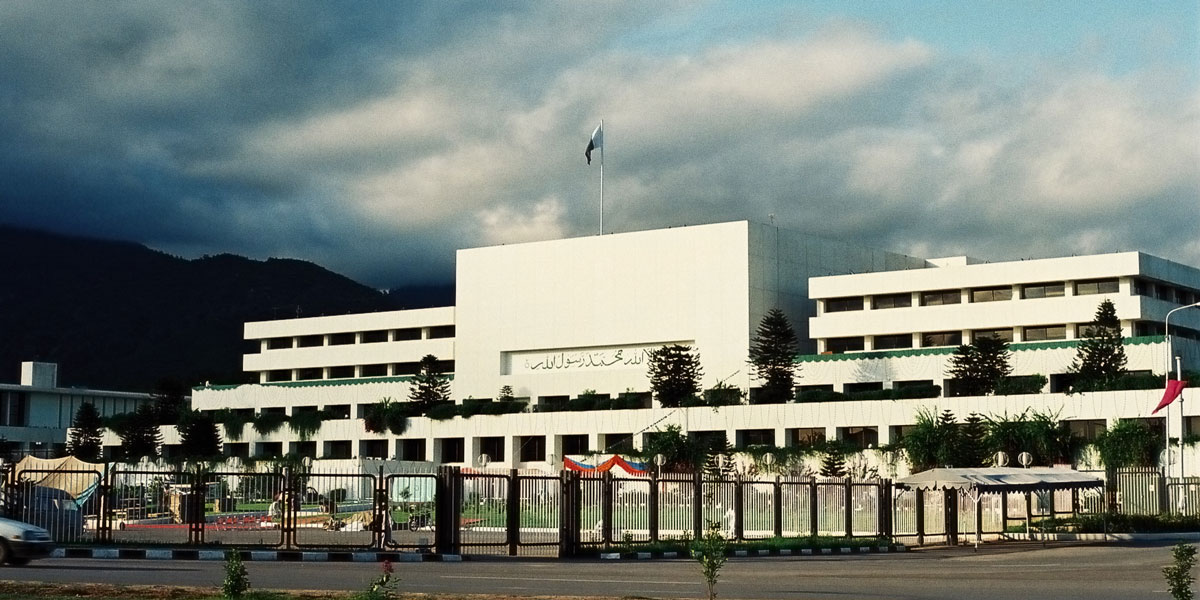Bangladesh tax authority National Board of Revenue (NBR) announced that it will conduct its first transfer pricing audit of multinational companies (MNCs) operating in the country.
Bangladesh first introduced transfer pricing provisions in the Finance Act in 2012 to curb tax evasion and ensure tax compliance by multinational companies.
The NBR established a Transfer Pricing Cell as part of the Act; however, its implementation has been hindered due to a lack of prioritisation from senior leadership, insufficient training, an inadequate audit workforce, and the absence of a dedicated budget to access international databases.
In 2020, NBR asked over 900 MNEs in Bangladesh to submit transaction data, but the tax authorities could not verify the transactions due to a lack of access to their international databases. However, with support from a UK organisation and EU funding, NBR gained access to a global transaction database, enabling the authority’s Transfer Pricing Cell to start audits last month.
The audit will initially include the global transactions of three major MNEs: Procter & Gamble Bangladesh Private Ltd., Daraz.com, and Heidelberg Materials Bangladesh PLC.
NBR said more companies will come under the scope of transfer pricing audit in the coming days. The tax authority also confirmed that it will deploy the arm’s length principle for the audits.
Experts praised the initiative but remain sceptical of NBR’s capabilities
NBR’s initiative to implement transfer pricing rules after 12 years of introduction has been welcomed by the country’s leading tax experts and trade bodies, including the Foreign Investors’ Chamber of Commerce and Industry (FICCI), hoping that it will help bring transparency and compliance in tax payments by multinational corporations.
However, they remain sceptical about the NBR’s ability to conduct audits without proper training and resources.
Experts cautioned that if the transfer pricing audits aren’t conducted according to international standards, it could further hamper Bangladesh’s ability to attract foreign direct investment.
Experts have expressed concerns about the intricacies of transfer pricing audits and questioned the NBR’s current level of expertise. They emphasised the need to enhance the NBR’s capacity to conduct these complex audits effectively.
FICCI President Zaved Akhter said to The Business Standard, “It is a complicated method. Does the NBR have the capabilities? Because improper methods could send the wrong message to global investors.”
Snehasish Barua, a tax expert and managing partner at Snehasish Mahmud and Company Limited, suggested that companies be allowed to make corrections during NBR’s first transfer pricing audit as a possible solution to avoid potential disputes and ensure transparency and fairness.














